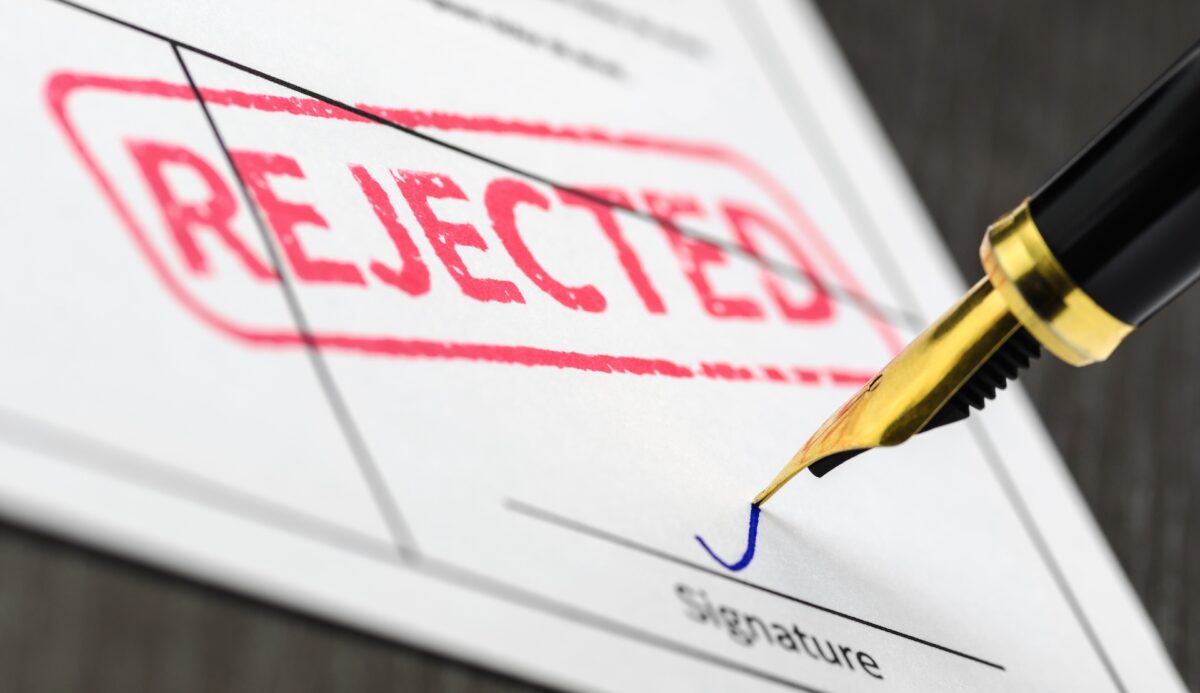Imagine coming home to your apartment to find a piece of paper bearing those three little words every renter fears: “Notice of Eviction.” It can happen for a number of reasons, and while the prospect of eviction is scary, it’s best to know what‘s coming so you can deal with it effectively. Before you start to panic or try to find a new apartment, read up on these apartment eviction basics.
What happens first in the eviction process?
First your landlord must issue a termination notice informing you that you have violated your rental agreement. This might be because you haven’t paid your rent, have violated the terms of your lease by keeping a pet in your apartment, or have damaged the property, to name a few common reasons. If you receive an eviction notice, respond to it right away. The sooner you address the problem, the easier things may be as the process continues.
Will I have to go to court if I am evicted?
You’ll probably have to go to an eviction hearing, where you have the right to make an argument defending yourself in front of a judge.
Can I keep from getting evicted from an apartment?
You may be able to avoid eviction if you reform your behavior right away. For example, paying all your late rent in full plus all late fees can help get your eviction notice rescinded. Talk to your landlord and see if they are willing to work with you (after all, there’s no harm in asking), and consult an attorney if you think you may be able to have your notice rescinded.
Will eviction affect my credit report?
Getting evicted can affect your credit negatively, but your landlord will have to put in some effort to make it happen. Landlords have the right to notify one of the three major credit bureaus if a tenant is evicted, but the process costs time and money, and your landlord might not be willing to go to those lengths. No matter what, you should still keep an eye on your credit throughout the eviction process. Knowing your way around your credit report, especially if you’re renting with bad credit, will make it easier to find an apartment.
Disclaimer: A note to renters: Please keep in mind that this guide is not all-inclusive, and should not be taken as legal advice. Eviction laws are different in every state. If you are facing eviction and want to take legal action, consult a qualified attorney.



